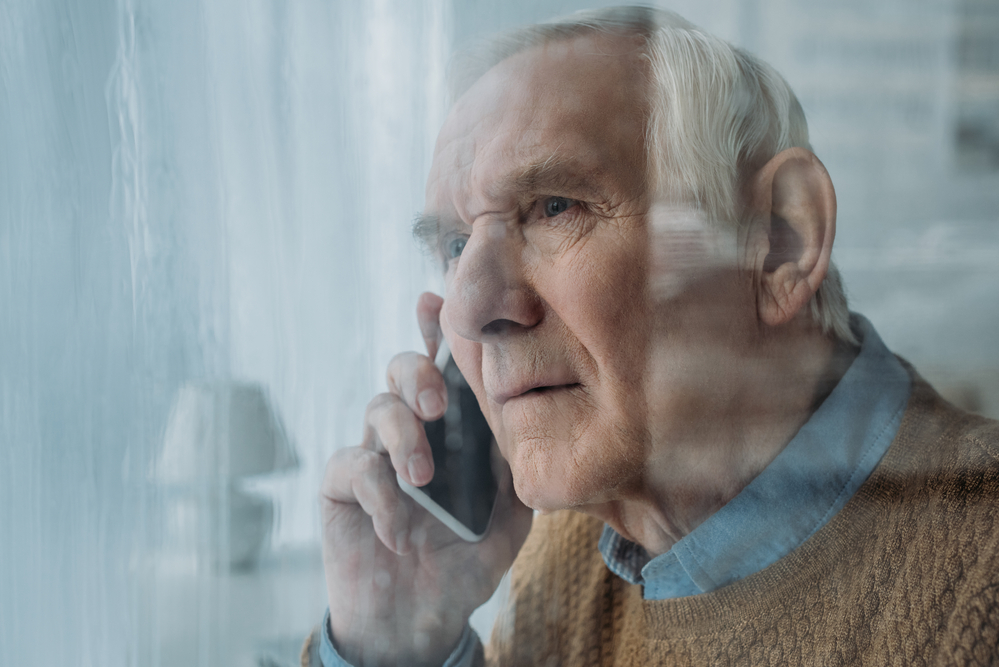The social isolation caused by the pandemic is very concerning. As a care manager, I’ve worked with many families who have been unable to physically visit their aging loved ones for nearly a year. Additionally, most of my clients have not been able to socialize with their friends or make connections in their communities. This has taken a toll on their wellbeing.
My 78-year old client, Frank, is a case in point. While Frank was always rather introverted, he met with a group of friends weekly for a poker game and they would go on bus trips sponsored by the local senior center. That all came to a halt when the virus infection rates skyrocketed in his county. No more poker games, no more trips, essentially no more socializing. His daughter, Fran, worked full-time and lived out of state. One afternoon she called me after she’d spoken to her father.
“He sounded so lonely and depressed and I’m very worried about him,” Fran said. “I think staying home all the time is really getting to him and he misses his buddies.”
I agreed. I had been seeing Frank on a weekly basis to monitor his health and medications, and lately he had seemed listless and withdrawn, even a touch agitated. I had suggested a companion service in the past, which he had always refused to consider. Perhaps it was time to try again. Fran sighed when I mentioned it.
“I know he hasn’t wanted a stranger, as he says, to come to the house, but at this point, maybe he’ll change his mind,” she said. “Can you talk with him about it again?”
This time, Frank was less resistant. He still seemed withdrawn, but he finally shrugged and said he would give it “one chance.” We discussed how the safety protocols would work so that Frank would be kept safe, including social distancing and mask wearing for both of them.
The agency I contacted matched Frank with a male companion named Rick who happened to enjoy playing cards, and that was the turning point. Rick was regularly tested for COVID and maintained distance, wore his mask, and washed his hands regularly. Rick started out visiting Frank twice a week for several hours, and soon Frank requested even more time. He perked up both mentally and physically and felt he had something to look forward to.
We are social beings, and we need to feel connected to others. Loneliness isn’t just a painful emotional state; it can cause or worsen illnesses such as heart disease, diabetes, cancer, and cognitive decline. Some warning signs that your senior needs TLC include signs of depression such as restless sleep, changes in appetite, fatigue and low energy, and frequent aches and pains.
If you or someone in your family are facing aging challenges, please give us a call at 610-667-2838 or email us at CareManagement@waverlyheights.org. We’ll be happy to assist!


Recent Comments